BSc Single Honours Occupational Therapy
Undergraduate
- Start date
- –
- Study mode
- –
- Course length
- –
- UCAS Code
- –
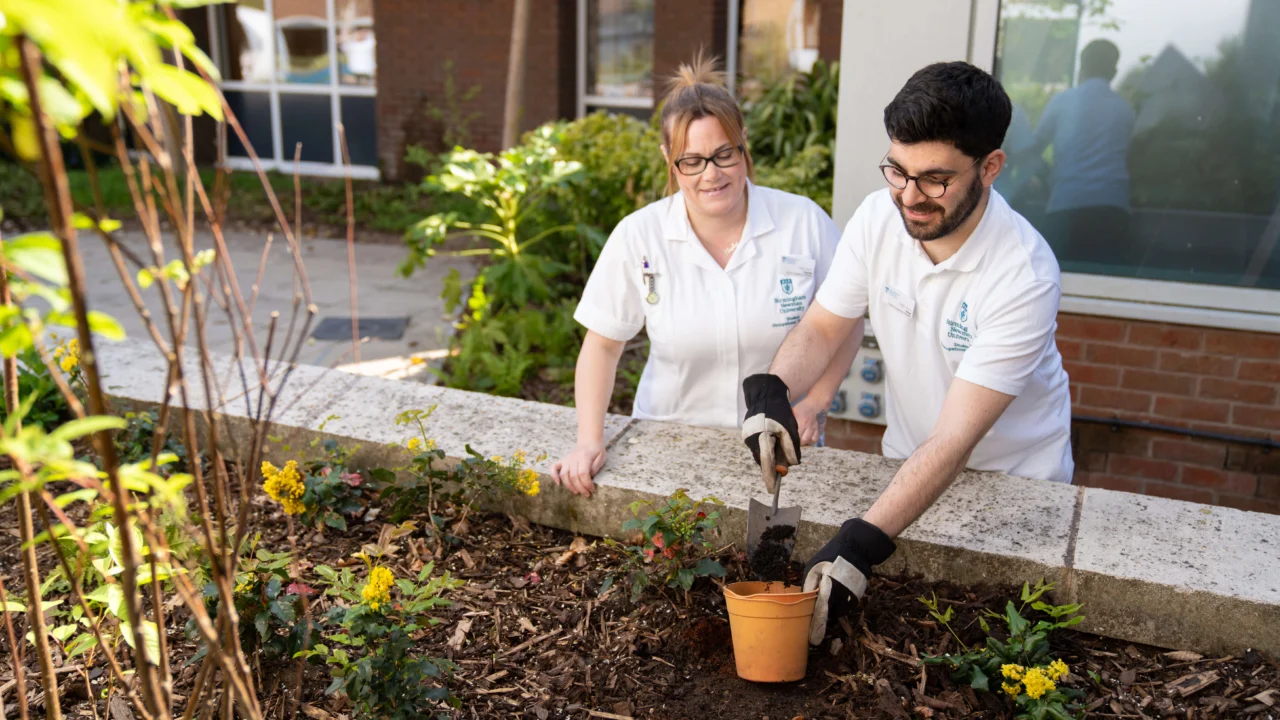
Interested in a different start date?
Overview
Do you want to help people to live their best life? Using specialist skills, knowledge and behaviours Occupational Therapists support people of all ages to do the things they want to do whether that be at home, at school, at work or anywhere else!
The BSc (Hons) Occupational Therapy* will prepare you to practice confidently, competently and safely, making a difference to peoples lives across a variety of settings. Equipping you with the skills and knowledge required to rise to the diverse challenges faced by Occupational Therapists you will be encouraged to show initiative, demonstrate critical thinking and work flexibly.
Studying alongside other student health professionals within the School of Nursing and Allied Health, you will develop vital communication and interprofessional skills to enhance your practice and enrich person centred care.
The programme will develop your theoretical knowledge and practical skills within both the university, via state of the art simulation facilities and through a variety of practice environments.
On successful completion of the course, you are eligible to apply for registration as an Occupational Therapist with the Health and Care Professions Council and apply for membership of the Royal College of Occupational Therapists.
Why study this course
• The curriculum has been designed to reflect the dynamic and evolving role of the Occupational Therapist.
• With our commitment to inter-professional learning, you will learn from and with other health care professionals to enhance your practice and person centred care.
• You will learn from a highly experienced and passionate teaching team who will provide support you to help you to achieve your ambition.
• We work with a number of practice partners to give you essential practical experience across a range of settings.
• You will benefit from our new clinical skills suite including a state-of-the-art immersive lab.
Additional Funding
From September 2020 students studying Nursing BSc, Midwifery BSc, Physiotherapy BSc, Occupational Therapy BSc and Paramedic Science BSc will receive a non-repayable and non-means-tested payment of at least £5,000 a year, in addition to existing mainstream student support.
There will also be additional funding available on some prioritised courses. Additional funding will also be available for childcare and to support regional recruitment difficulties. Total additional funding could come to as much as £3,000 per year for some students.
The new funding will be offered to continuing students as well as new course entrants.
The new financial support is intended to provide additional funding and not to replace the maintenance loan.
This funding is made available by the government. Students are advised to check the latest information from the government to confirm their eligibility.
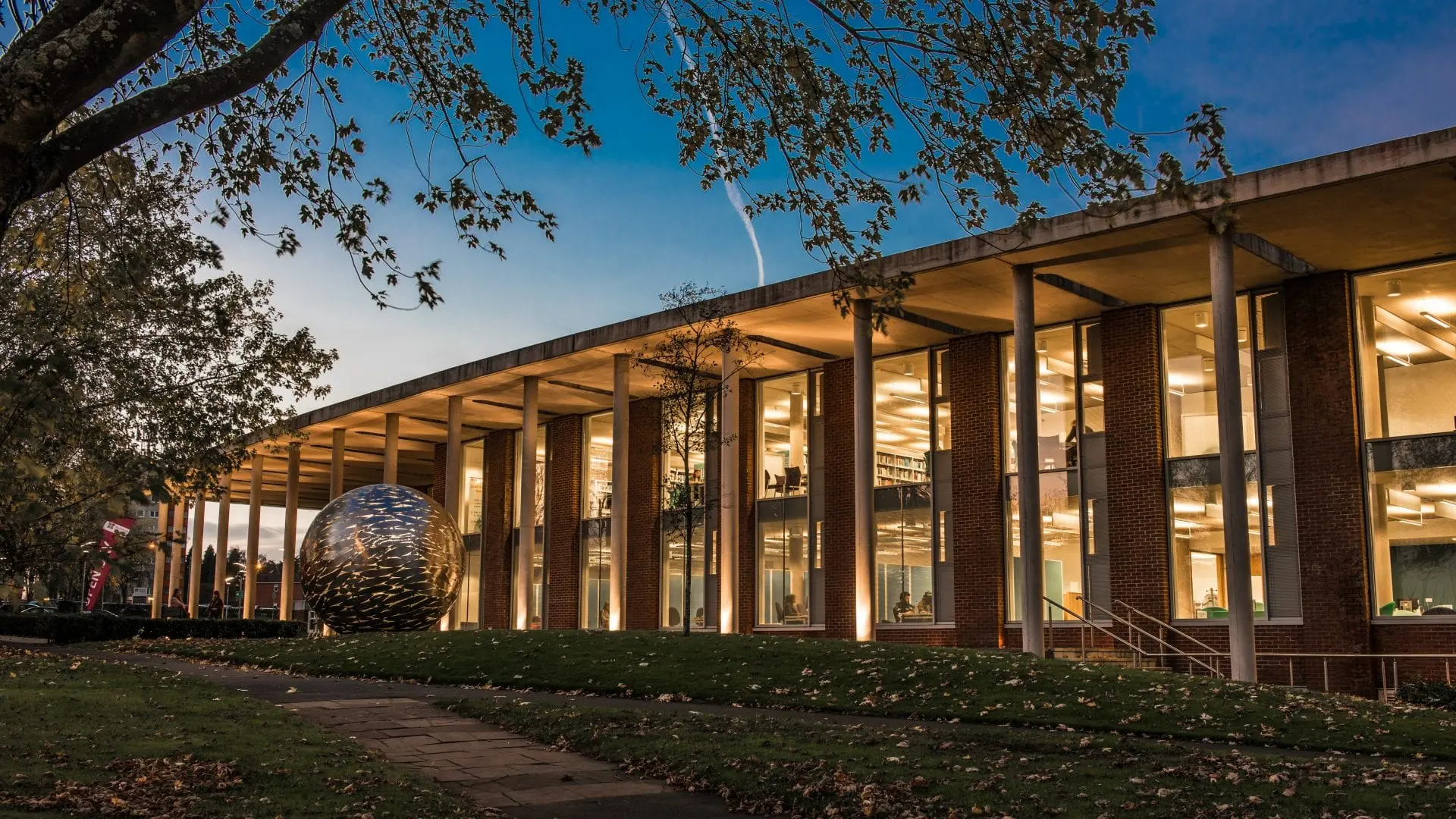
Got a question you’d like to ask?
Entry requirements
We welcome students from all backgrounds and accept a wide range of qualifications. If yours aren’t listed, don’t worry – our Admissions Team can help you explore your options. See full entry requirements.
• A-Level: Grade profile of BBC or 112 UCAS Tariff Points.
• BTEC: Grade profile of DMM. This can be achieved from either an Extended National Diploma or a combination of smaller BTEC qualifications.
• T-levels: A T-level with an overall Merit grade.
• Other Level 3 qualifications are accepted including Access qualifications.
Specific GCSE requirements:
• GCSE/IGCSE English language and maths grades 9-4/A*-C or equivalent
If English is not your first language, you must have the following IELTS score:
· Foundation courses: A Secure English Language Test equivalent to IELTS 5.5 IELTS with a minimum of 5.5 in each component.
· Undergraduate courses: A Secure English Language Test equivalent to IELTS 6.0 with a minimum of 5.5 in each component.
Other English language qualifications are also accepted. Please contact admissions for further information.
Non-Academic Requirements:
Success at Interview. The Admissions team will use the course entry requirements, as well as your personal statement, reference and any work experience information, to shortlist and invite successful candidates for interview. Candidates will be assessed at interview on their motivation and understanding of the role of an Occupational Therapist and familiarity with NHS Constitution and Values as well as the requirements of an HCPC registered professional.
Work Experience. Applicants are strongly encouraged to undertake voluntary work or gain work experience shadowing an Occupational Therapist in order to have a clear understanding of what the profession entails. This will help you to decide whether Occupational Therapy is the career for you. It will also enable you to demonstrate your commitment to and passion for the profession in your application and at interview.
If you are finding it difficult to organise work experience you could explore the profession through speaking with qualified Occupational Therapists, reading industry publications or undertaking some research online. Useful websites include The Royal College of Occupational Therapists (RCOT) and NHS Health Careers.
Health checks. As part of the health clearance checks you will be required to provide information about your immunity and vaccination status. Candidates must prove they have been immunised against Rubella, Measles, Tuberculosis and Hepatitis B. We strongly recommend that all successful applicants (unless exempt on medical grounds) receive a full course of Covid-19 and Influenza vaccinations prior to commencing the course.
Occupational Health Clearance. Candidates must receive a satisfactory occupational health clearance prior to commencing the course.
DBS Clearance. Candidates must receive a satisfactory Disclosure and Barring System check prior to commencing the course.
Please contact Admissions if you have any questions.
Course fees
The tuition fee for academic year 2026/27 is: £9,790. Tuition fees for courses starting April to May 2026, fall within the 2025/26 academic cycle.
Fees for the 2025/26 academic year can be found on our Student Finance pages.
Additional costs
The University will review tuition fees and increase fees in line with any inflationary uplift as determined by the UK Government, if permitted by law or government policy, in subsequent years of your course. It is anticipated that such increases would be linked to RPI (the Retail Price Index excluding mortgage interest payments).
Check out our blog/news/events
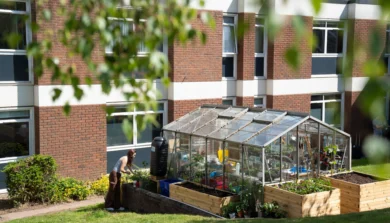
Birmingham Newman Celebrates Green Week 2026 with Campus‑Wide Events
Birmingham Newman will host its annual Green Week from 23 to 27 February 2026, bringing…
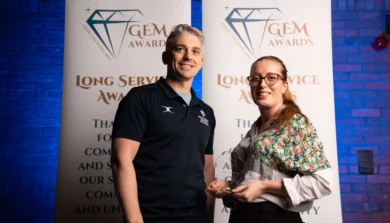
Research that makes a difference: Mark Holland wins Most Impactful Project Award
In December, we held our Staff Awards, where we recognised the outstanding achievements of colleagues…

Sports Coaching students Deliver Coaching Sessions for Local Primary Pupils
Birmingham Newman University recently welcomed pupils from St Peter’s Primary School to campus as part…

Vice-Chancellor Professor Jackie Dunne awarded MBE in New Year Honours
Vice-Chancellor of Birmingham Newman University receives an MBE for services to Higher Education.

Birmingham Newman University Celebrates Staff Achievements at Annual Awards
Birmingham Newman University celebrates its staff at the Annual Staff Awards Celebration.

Book an open day
Find out about our next open day. Book now to secure your place.
Placement information
Practice Based Learning (Placements)
Integration of theory and practice is central to the programme at Birmingham Newman University. You will undertake over 1000 hours of practice based learning during your three years of study. Placements will take place in each year of the three years of your programme.
To reflect the evolving role of the Occupational Therapist, as a student on the BSc (Hons) Occupational Therapy programme at Birmingham Newman University, you will experience a diverse range of placements.
Your practice based learning experiences may take place in:
– different sectors of health and care including the independent sector, the NHS voluntary organisations or the civil service
– different settings including people’s homes, GP practices, acute hospitals, , care homes or workplaces
Practice based learning experiences across different sectors, settings and the pillars of practice including professional practice, facilitation of learning, evidence based practice and leadership will provide you with the opportunity to understand the breadth of Occupational therapy practice.
Whether your placement involves providing rehabilitation, leading a service, researching new insights or supporting others to develop, it will help you to understand the importance of your skills as an Occupational Therapist across different environments and the many ways in which you can help people to live their best life.
Placements are automatically organised on your behalf by the practice partnerships team at Birmingham Newman University. Placements may be located anywhere within the West Midlands region but we aim to give you the breadth of experience you require, closest to your term time address. You will not be expected to commute for more than 90 minutes by car or public transport to any of your placements locations.
All placements are full time, that is 37.5 hours per week. Depending on the setting of your placement experience, start and finish times will vary and may include working between the hours of 8am and 8pm Monday to Sunday.
During all practice placements you will be supported by qualified and experienced HCPC registered practice educators and a link tutor from the university, who will work together to maximise your placement experience.
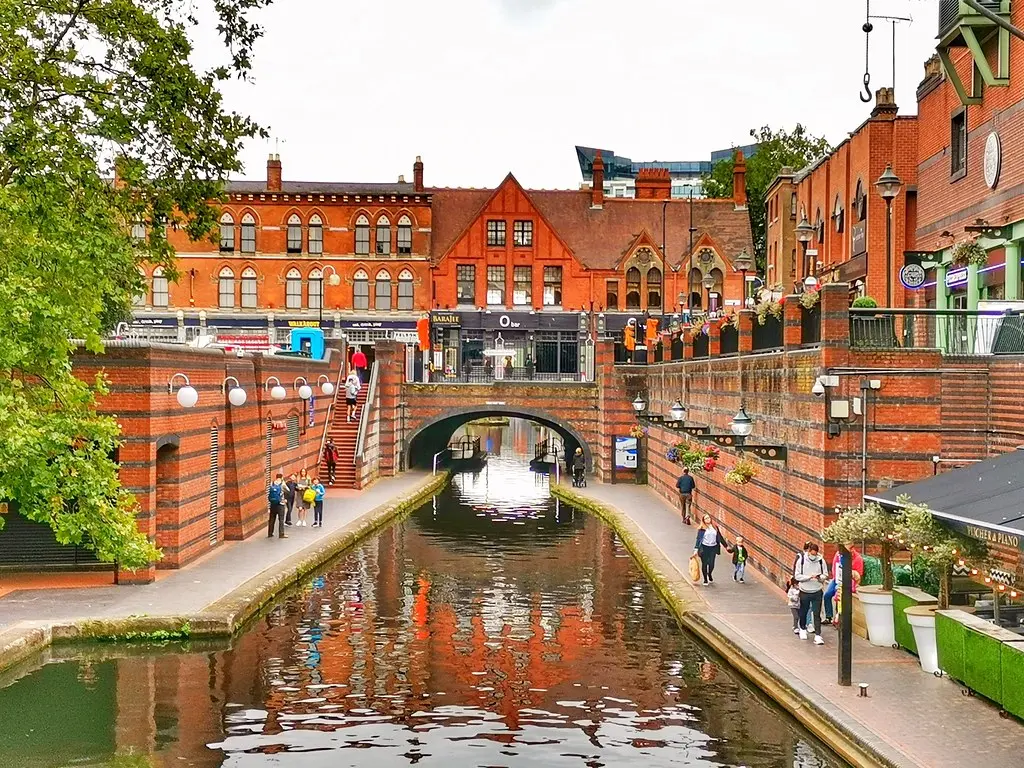
What careers can I consider
On successful completion of this course you will be eligible to apply for registration with the HCPC as an Occupational Therapist*. Within the profession, there are a wide range of job opportunities and new occupational therapy graduates generally have the advantage of a structured career path with good long term prospects.
Opportunities exist within the NHS such as hospitals, community clinics or GP surgeries or within the public sector such as schools or Government agencies or within the private sector such as within Industry. Many occupational therapists practice independently too. There are significant opportunities to work in partnership with different agencies to help people to live their best life.
Further information about Occupational Therapy and careers as an Occupational Therapist can be found on the Royal College of Occupational Therapists website: https://www.rcot.co.uk/
Placement Expenses (Essential)
There may be some costs for travel or temporary accommodation associated with placements. The NHS Learning Support Fund can assist with these costs. For Information regarding the fund including what it covers and eligibility criteria please see: https://www.nhsbsa.nhs.uk/nhs-learning-support-fund-lsf
General Costs (Optional)
We recommend that you budget £75 a year for photocopying, memory sticks, printing charges, binding and specialist printing.
Books (Optional)
All module essential texts will be available for you to access via the University library but in limited numbers for physical copies. If you choose to purchase your own copy, books can cost up to £60 each.
Accommodation & Living Costs (Essential)
The cost of accommodation and other living costs are not included within your course fees
Courses we think you'll also like

BSc Single Honours Sports and Exercise Therapy
- Start date:
- September 2026
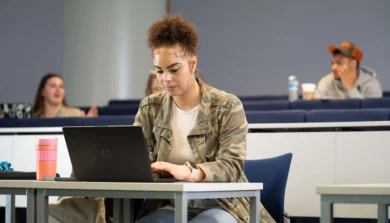
BSc Single Honours Psychology with Criminology (with Foundation Year)

BSc Single Honours Forensic Psychology (with Foundation Year)

